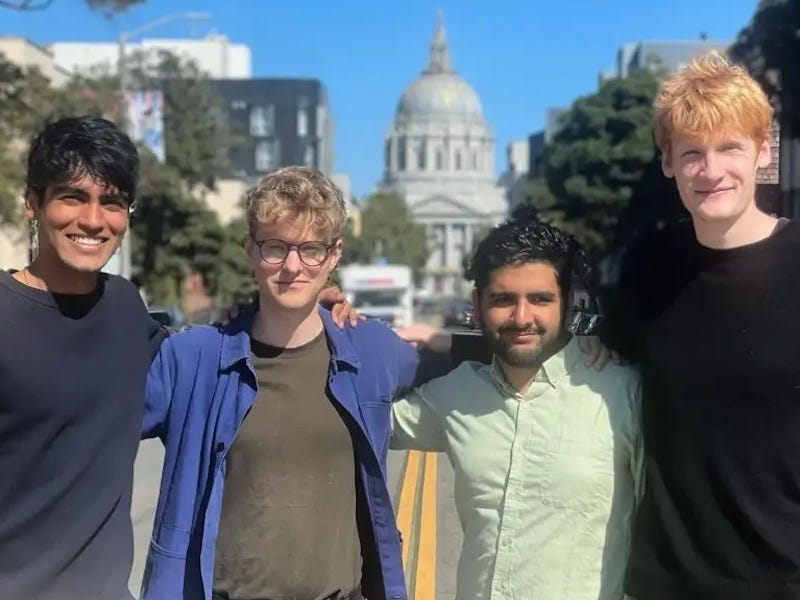Cursor courted top engineers by flying across the world to meet them and making up dinners — even after they said no
-
Cursor’s CEO said the team flew across the world and made up dinners to court top engineers.
-
The startup will “do anything possible to get the most talented people,” Michael Truell said.
-
Truell also said that Cursor uses a two-day on-site work trial to test candidates’ skills and fit.
When most companies get turned down by a job candidate, they move on.
Cursor flew across the world to win them over.
Cursor’s CEO, Michael Truell, said on an episode of the a16z podcast published Monday that his team pulled off “crazy recruiting stunts” to build its first 10 hires.
That included “flying across the world to the person after they say no” — and even making up a dinner with researchers to lure them back into conversation, Truell said.
“They end up being one of the best people on the team,” he added.
Cursor has also brought in talent through acquisitions, a strategy Truell said is consistent with the startup’s approach to “do anything possible to get the most talented people.”
“Sometimes, you know, either conveniently or inconveniently, those people are working on companies,” he added.
Last year, Cursor acquired Supermaven, an AI coding assistant. Supermaven was founded in 2023 by Jacob Jackson, a former researcher at OpenAI.
“We have a lot to do, and it seems like we can build a more useful product, faster, together,” Cursor said in a blog post last November announcing the deal. The company did not disclose the value of the acquisition.
Anysphere, Cursor’s parent company, employs about 150 people, Truell said on the show “Decoder” in August.
Anysphere raised $900 million at a $9.9 billion valuation, the company said in June. The company lists Stripe, Instacart, and Shopify as customers.
Truell’s comments come as well-funded AI startups and deep-pocketed Big Tech companies sparked a hiring frenzy earlier this year.
Meta made headlines in June for shelling out $100 million signing bonuses to secure hires in the cutthroat AI race.
OpenAI CEO Sam Altman said in a June podcast that he found it “crazy” that Meta was willing to spend so much to acquire talent.
“I don’t think that’s going to set up a great culture,” Altman said on the podcast.
Perplexity CEO Aravind Srinivas said on an episode of the “Decoder” podcast in June that the AI talent war feels “like an NBA.”
“There’s going to be a few individual stars who are having so much leverage,” he added.
Truell said on the a16z podcast that every candidate who joins the engineering or design teams completes a two-day on-site work trial.



Leave a Comment
Your email address will not be published. Required fields are marked *